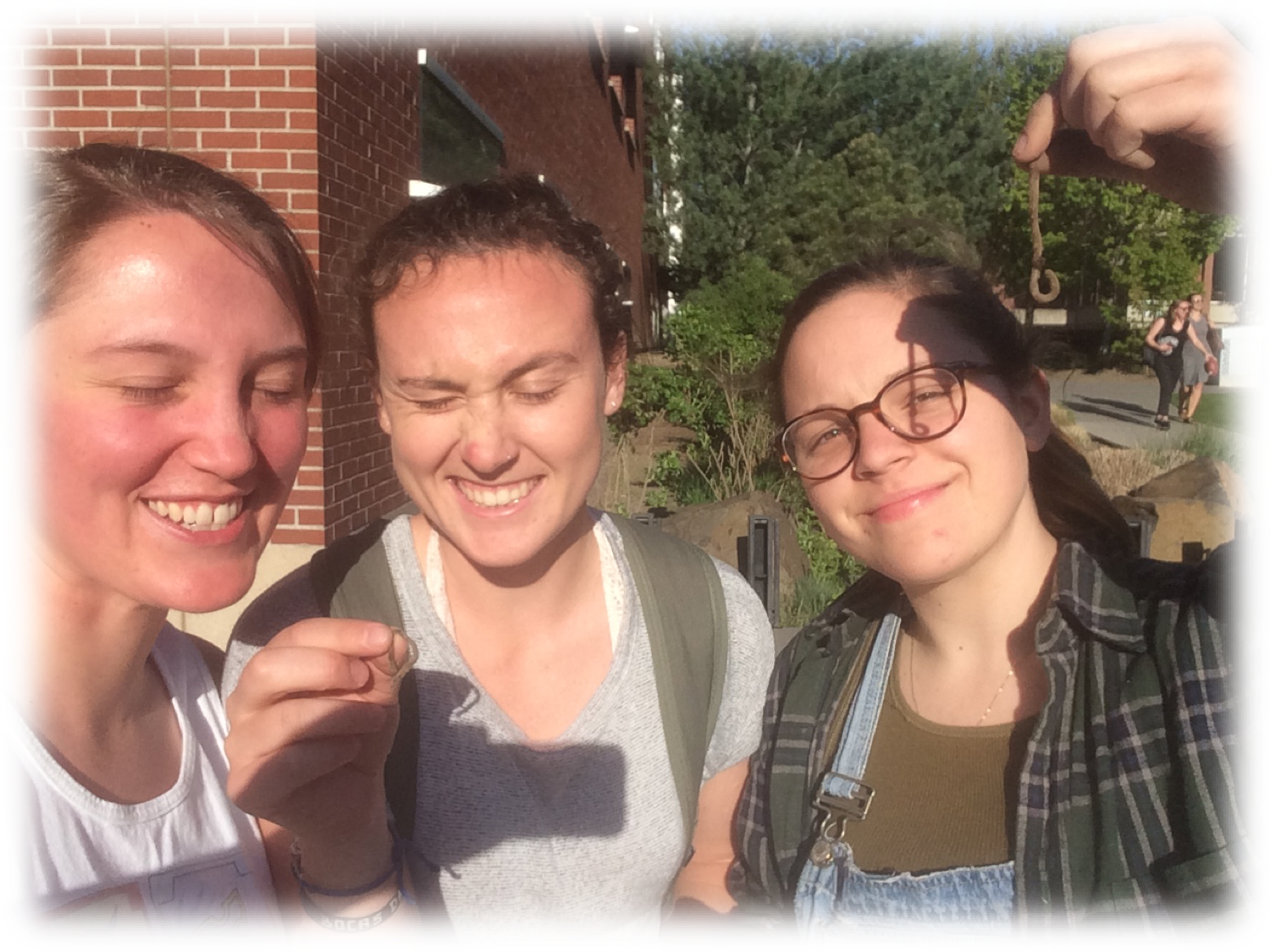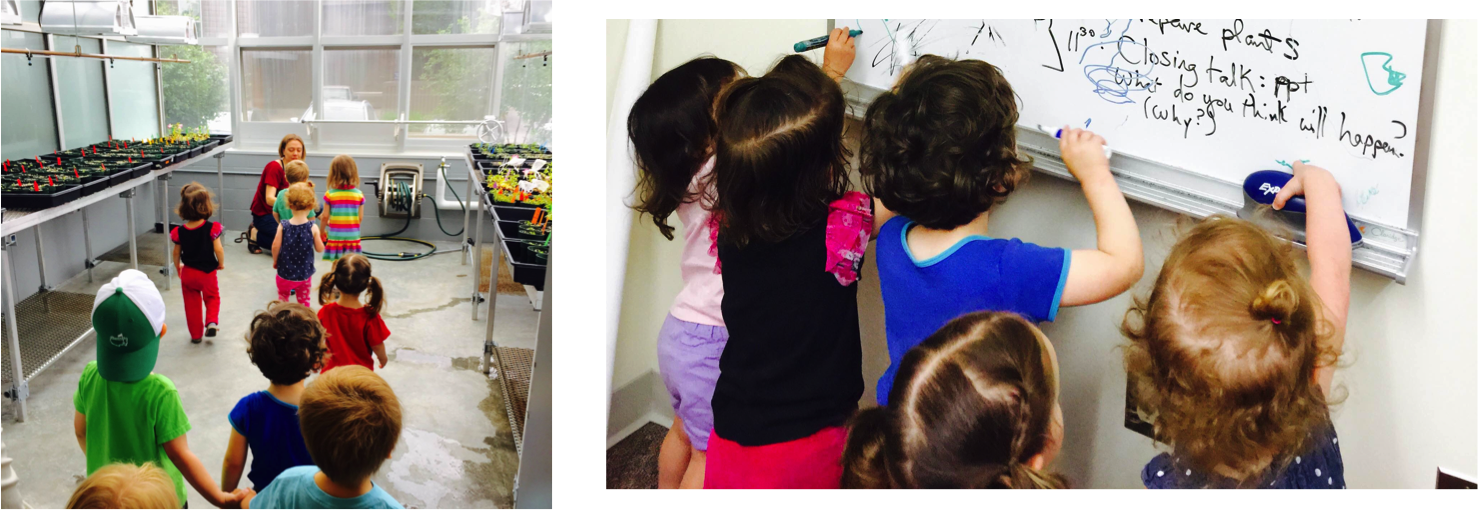Teaching at Whitman

Plant Physiology experiment: Effects of earthworms on plants
Genetics. The principles which underlie the hereditary processes observed in microbes, plants, and animals. Selected topics include structure, organization, function, regulation, and duplication of the genetic material; protein synthesis and its control; mechanisms and patterns of inheritance; population genetics. Prerequisites: Biology 111; Chemistry 125 and 126, or Chemistry 140; sophomore status.
Plant Physiology and lab. Plant physiology is the study of how plants function, internally as well as in relation to their environment. We will investigate how plants use light, water, and minerals to grow and reproduce, at both whole-plant and molecular levels. How do plants cope with stressful environments? How do they adapt to strange or extreme environments? How can a better understanding of plant physiology improve our ability to deal with social issues such as famine, malnutrition, and the conservation of biodiversity? Through lecture, written exercises, and discussions of research articles, we will consider these and other key aspects of plant physiology. Prerequisites: Biology 111 and 112.
Evolution & Development and lab. Evolution and development are inexorably linked and genetics is the tie that binds them. This interdisciplinary class explores how genetic and developmental mechanisms have evolved to produce biological diversity. Through lectures, class discussions, and activities, and analysis of both classic and cutting-edge scientific papers, we will examine the contributions of all three research areas to the emerging field of evo-devo. Prerequisites: Biology 111 and 205.
Middle school and high school outreach. I have developed programs for the Whitman Institute for Scholastic Enrichment; Friends of the Farm Labor Home; and Lincoln High School. Please contact outreach coordinator Heidi Chapin if you are interested in learning more about science outreach at Whitman!

Occasionally our visitors are even smaller:
